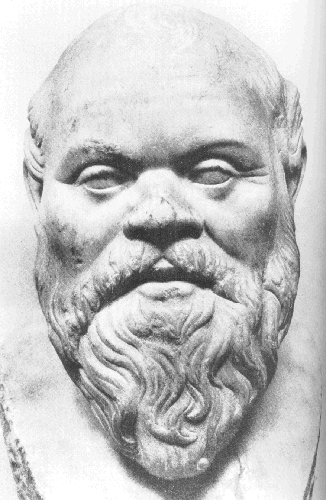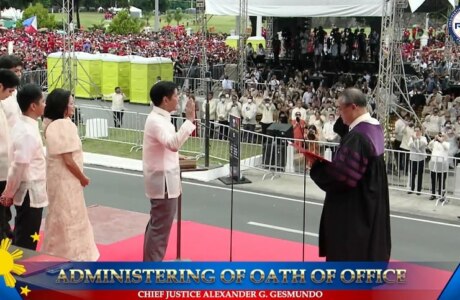Plato’s Apologia Socratis: Allegorical Accusations in a Larger Perspective (Page 11)
This philosophical analysis of Plato's Apologia Socratis or The Apology of Socrates aimed at recounting the trial of Socrates as to what the accusations against Socrates may intend to represent in a larger perspective about human nature and society and the powers that be.
Plato's The Apology contains the trial of Socrates which discloses two main allegations against him. Meletus, Anytus, and Lycons accused Socrates of impiety and moral corruption of the youth. The trial serves not only as a vehicle for Socrates to ascertain the charges against him but also serves as a stage to advance his critical thinking against those who claimed themselves as possessors of knowledge. Moreover, the significance of Socratic dialogue in the trial conveys an allegory of three accusers.
Hostile to Poets
Meletus, a poet, accused Socrates of failing to accept the gods that the State recognized and of manipulating the minds of the youth. The accusation, for one reason, could be triggered by Socrates’ hostility to poets; another reason could be of being religious Meletus.
Meletus represents how religious institutions tend to obstruct the inquisitiveness of followers to maintain their hegemony in claiming as the only bearers of truth. Thus, ideas beyond what is institutionalized are considered heretic.

A Threat to Democracy
Anytus, an artisan, accused Socrates of ridiculing Athenian democracy. He claimed that Socrates kept on criticizing it. Ironic as it may seem but in the perspective of being in a democratic state, the State itself should acknowledge the ideas of its people.
This Anytus claim or himself bears an irony of democracy—claiming to have a democratic system but at the same time taking opinions that against what they hold as subversive and vicious—a realistic view of how socio-political factors in the modern society interplay with powers that be.
A Keen Critic to Orators
Lycon claims that Socrates criticized orators as beings only concerned with the oratorical skills for influence and power leaving truth as their less concern. Socrates’ inquisitiveness is apparently a threat to maintaining orators' image in the public and rhetoric.
These three representations of accusers are reflections of how different forms of dominant thoughts take the opposing thoughts as menacing. The accusations paved way to maintain monopoly of truth.
While it could be true somehow that Socrates corrupted the minds of the youth by going beyond the expectation, it was also becoming a critical step to examining already established thoughts and values like virtues, wisdom, courage, piety, and other values of what is good. ▲








